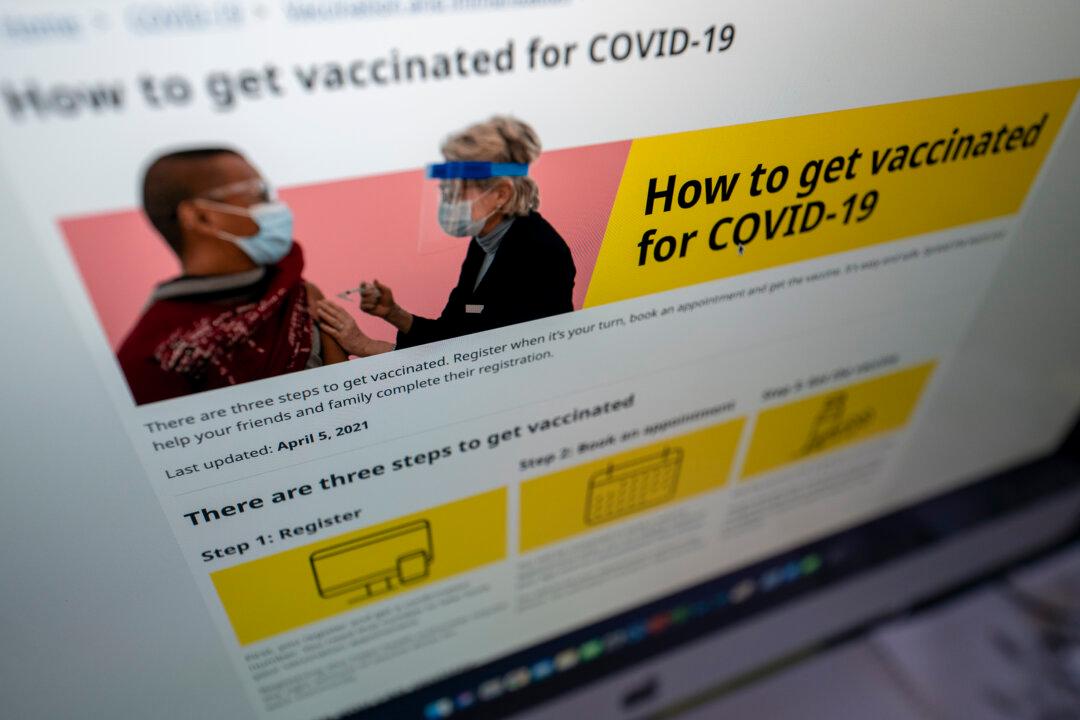A group of regional health officials in B.C. advised the University of British Columbia in mid-February that vaccine mandates, passports, and segregated lockdowns may do more harm than good—advice that appears to be at odds with provincial health officer Bonnie Henry’s stance.
In a letter to University of British Columbia (UBC) President Dr. Santo Ono on Feb. 16, health officials from Vancouver Coastal Health (VCH) urged the university to drop its plan to de-register students who did not declare their COVID-19 vaccination status or comply with mandatory testing.





